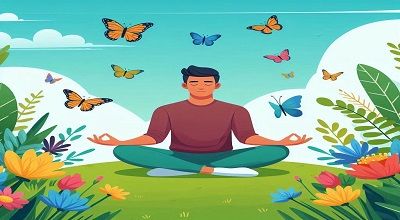Mindfulness Skills
Now, mindfulness skills refer to the ability to cultivate and maintain a state of mindfulness. Mindfulness is a mental state characterized by focused attention on the present moment, without judgment. It involves being fully present and aware of your thoughts, feelings, bodily sensations, and the surrounding environment. Mindfulness skills are often developed through mindfulness practices. Which can include various techniques and exercises aimed at promoting a heightened sense of awareness and presence.
Here are some key mindfulness skills and practices:
- Mindful Breathing: Focusing on your breath and being aware of each inhalation and exhalation. This helps anchor your attention to the present moment.
- Body Scan: A practice where you systematically focus your attention on different parts of your body, noticing sensations without judgment.
- Observing Thoughts and Emotions: Developing the ability to observe your thoughts. Emotions without getting caught up in them. This involves creating distance and not attaching yourself to every thought or feeling.
- Mindful Walking: Paying attention to each step and sensation while walking, bringing your awareness to the physical act of movement.
- Mindful Eating: Eating with full awareness, savoring each bite, and paying attention to the flavors, textures, and sensations associated with eating.
More here…
- Mindful Listening: Actively listening to others without judgment or immediate response. This involves being fully present and attentive during conversations.
- Mindful Movement (Yoga, Tai Chi, etc.): Engaging in movement practices that emphasize awareness of the body, breath, and present moment.
- Mindful Meditation: Engaging in formal meditation practices that often involve sitting quietly and focusing attention on a specific point, such as the breath or a mantra.
- Non-judgmental Awareness: Cultivating an attitude of openness and acceptance toward your thoughts, feelings, and experiences without labeling them as good or bad.
- Cultivating Gratitude: Focusing on and appreciating the positive aspects of your life can contribute to a more positive and present mindset.
Final Words
Mindfulness skills are associated with various benefits. Including stress reduction and improved focus and concentration. Better emotional regulation and enhanced overall well-being. These skills are often taught in mindfulness-based interventions like Mindfulness-Based Stress Reduction (MBSR) and Mindfulness-Based Cognitive Therapy (MBCT). Practicing mindfulness regularly can lead to increased self-awareness and a more balanced and centered approach to life.
